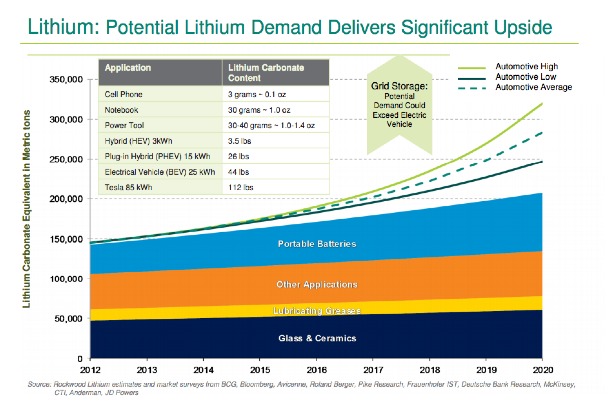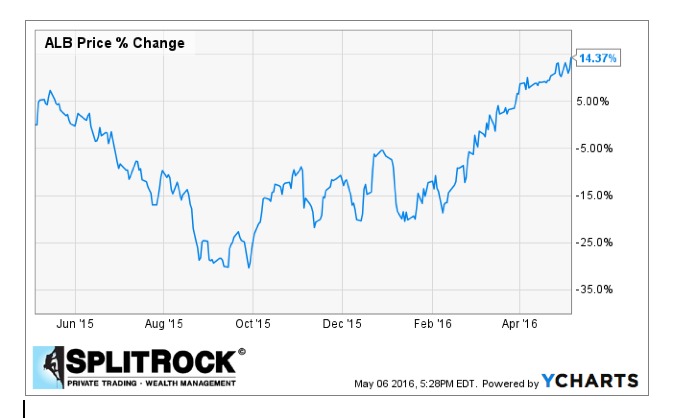For nearly the entirety of the past century Americans and human beings alike have relied on a single resource for the energy needed to travel the world. Essentially since inception, automobiles, airplanes, and shipping vessels across the globe have relied on gasoline, or some sort of refined offshoot, to provide fuel for the engines that make them go.
In a previous life, gasoline was as abundant of a resource as flour for bread. Growing up many people rarely gave a second thought to the price of gasoline as they pulled up to the pump. It simply became a natural reaction and minor annoyance of having to physically operate the vehicles they owned. But, eventually, the economy and the issues that surround it began to switch.
Several times in recent history gasoline prices began taking a significant toll on the household budget. Families began changing vacation plans due to the cost. More and more working individuals opted for public transport or green versions of transportation to get to and from the office. Gasoline was becoming a nuisance. Then, seemingly out of nowhere, products across the entire landscape began utilizing the fascinating capabilities that battery power can provide.

Endless Possibilities
From basic battery construction, through NiCAD, and now firmly placed in lithium-ion technology, batteries have taken the world by storm. There are seemingly endless possibilities to incorporate battery power into everyday lives. The biggest draw behind this technology is how enviro-friendly it has become.
Charging batteries at home utilizes an electricity grid that is consistently more environmentally friendly than oil refining. If we can take a majority of the fossil fuel vehicles off the road and replace them with environmentally sensible options utilizing the power of the battery, it would be hard for anyone to argue that concept is a bad one.
Enter Elon Musk and the super-minds behind Tesla. While Tesla wasn’t the first company to incorporate the idea of the battery-powered car, Tesla was arguably the first to take the technology to realistic, consumer availability level. Tesla makes beautiful, functional, and most of all, replaceable cars. In our opinion, owners of a Tesla should not, and generally can not, notice a difference between their quality of life before or after switching to the battery car.
We believe Tesla has done fantastic work. And with the new Model 3, a more reasonably priced vehicle for average Americans is coming, so the battery-powered car may finally make a jump into the mainstream of the automobile market.
Power Games
There is one small caveat. Tesla has invested billions of dollars into this technology and has yet to turn any sort of significant profit on their investment. Time will tell if this American dream story can rise from the ashes or if it will falter and disintegrate like Musk’s venture into space with his SpaceX program.
One key factor for investors to understand is that no matter which company ultimately becomes the face of alternative fuel vehicles across the world, there is still one major largely hidden link that joins all of these companies together. Regardless of which manufacturer builds the best or most desirable electric vehicle, all of these vehicle are only as good as the batteries that power them.
That is where influential companies like Albemarle Corporation (ALB) come into play. Albemarle develops a broad portfolio of products, but the part of their business that really attracts the eyes of investors is their significant involvement in the production of lithium. Lithium, known to millions of high school chemistry students across the nation, is an element on the periodic table but also a major component in the lithium-ion batteries that have become the market standard over the past decade.
Lithium-ion batteries are included in virtually every smartphone, portable gaming system, laptop, tablet, or other battery-powered device that has been produced within the past several years. Lithium-ion batteries are prized for their reliability, portability, and their avoidance of the ‘memory effect’ that impacted previous battery technologies. There is no questioning the growth of the need for lithium in the marketplace. The only question then is who is going to supply the product to fulfill the massive need. That is where ALB steps in, in our opinion.

Lithium Advantage
The chart above demonstrates the usage of lithium amongst various industries. The most significant and compelling growth curve on the chart demonstrates the potential that ALB can realize if automakers like Tesla can finally take hold and establish a significant presence in the auto sales industry.
The fact is that, as Tesla continues to grow and expand, so will the need for greater quantities of quality lithium to generate and power the batteries that make these vehicles run. But the play is deeper than just auto sales. Lithium batteries, much like the summer in Minnesota and a good cold beer, eventually come to a depressing end. When batteries go bad, many of the components within the battery can be replaced and recycled to incorporate in newly constructed batteries, but lithium acts as a fundamental piece of the lithium battery by providing the electrolyte ion that transports between negative and positive electrodes.
Put simply, lithium ions are what make the battery function as a battery. Thus, lithium ions are ultimately destroyed in the process of using a lithium-ion battery and ultimately cannot be recycled. Each new lithium-ion battery will need more lithium, even if the electrodes have been migrated from an older battery.
Admittedly an equity play on a ‘chemical’ company is hard to incorporate into a portfolio that focuses so extensively on oil and other unconventional energy sources. However, lithium has a place as a component in the refining process of crude oil. Refiners use lithium to maximize refining efficiency.
At the same time, a connection can be made between rising oil prices and increased interest in alternative fuel sources for automobiles; with Tesla and other electric car makers being a big part of the alternative. As Tesla looks to bring electric vehicles into the mainstream of American consumerism, companies like ALB will remain in the background as silent and virtually unseen benefactors from the sweeping change these products can help bring about.

This article first appeared at moneyinc.com.
Photo Credit: Ted Eytan via Flickr Creative Commons




